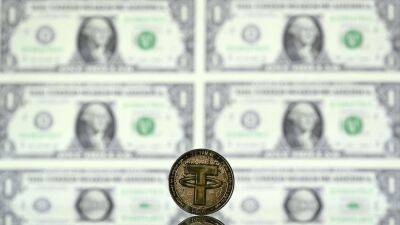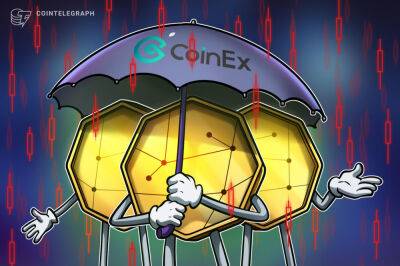Crypto needs regulation but should be done right: Report and database
Regulatory attitudes toward crypto are constantly evolving, often at a slower pace than the crypto industry itself. Institutions and the broader public will not seriously consider working with cryptocurrencies without clear and comprehensive regulation. Furthermore, the industry suffers from widespread scams, phishing and hacks that very often have no legal repercussions. This bolsters the audacity of wrongdoers and augments the image of crypto as an arena for shady characters.
Download the full report here, complete with charts and infographics
In a new report, Cointelegraph Research provides an assessment of regulations around stablecoins, nonfungible tokens (NFT) and a general overview of developments since the close of 2021. A new database of regulations, updated on a weekly basis, covers all updates in the industry.
The NFT boom of 2021 jolted governments and international organizations into action. With over $9 billion in NFT sales on Ethereum, the emergence of a well-defined regulatory landscape for NFTs is crucial for the market’s sustainable development in the future. The NFT market accounted for $1.5 million in illicit activities in the last quarter of 2021 alone. Although this is minuscule compared to the scale of money laundering happening elsewhere, it marks a detrimental trend that may continue into 2022.
In both the United States and the United Kingdom, authorities have failed to introduce clear guidelines on NFTs, with some uncertainty on how to classify the asset class, although NFT issuers and marketplaces may be required to comply with Anti-Money Laundering and Know Your Customer practices.
Cointelegraph Research records all the regulatory events worldwide on a weekly basis in its Regulations Database.
Acc
Read more on cointelegraph.com

 cointelegraph.com
cointelegraph.com



















